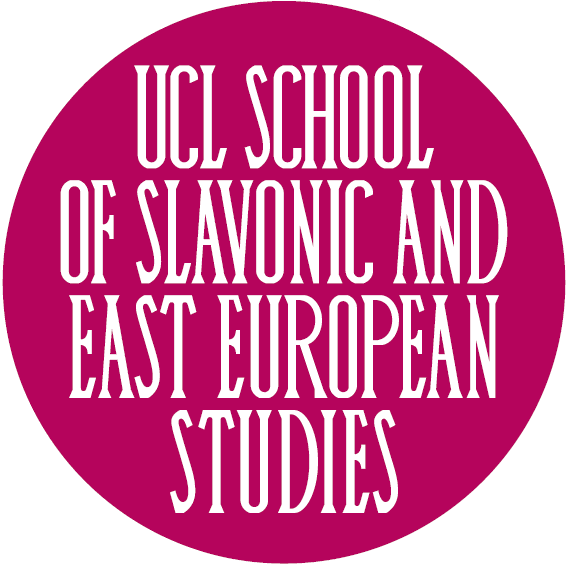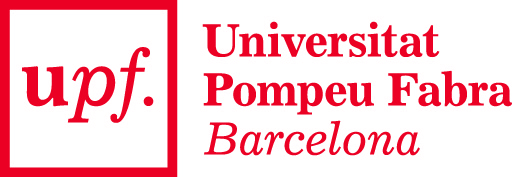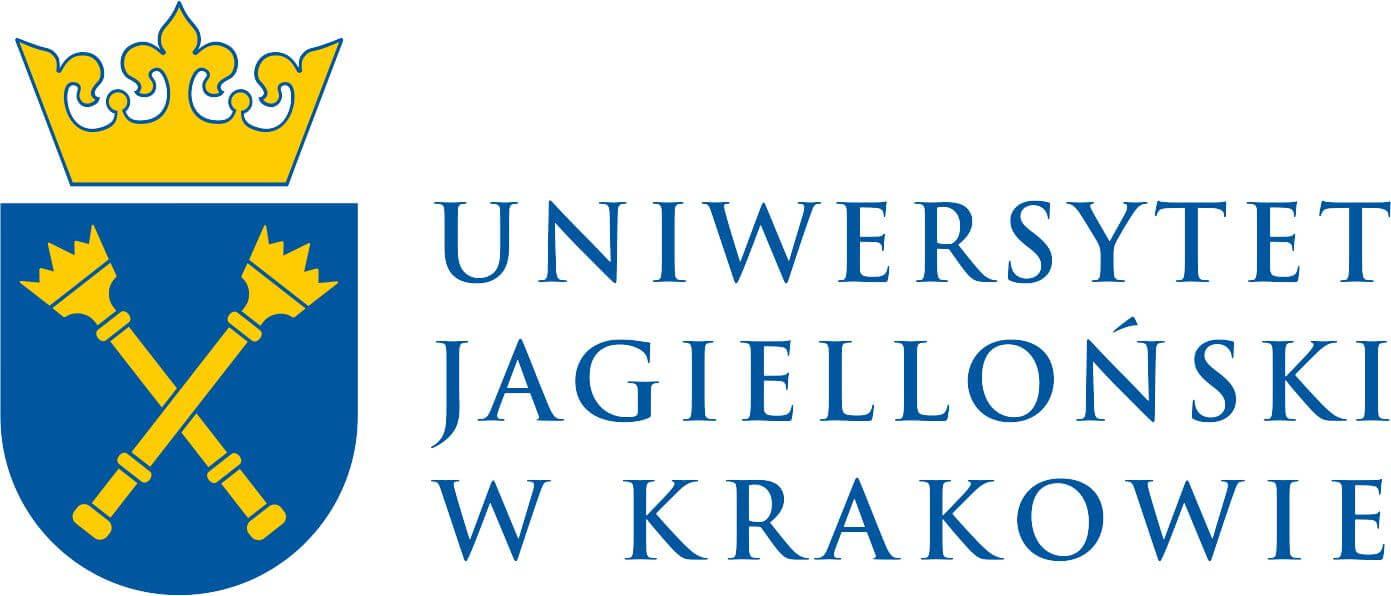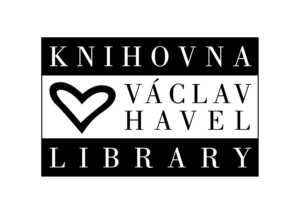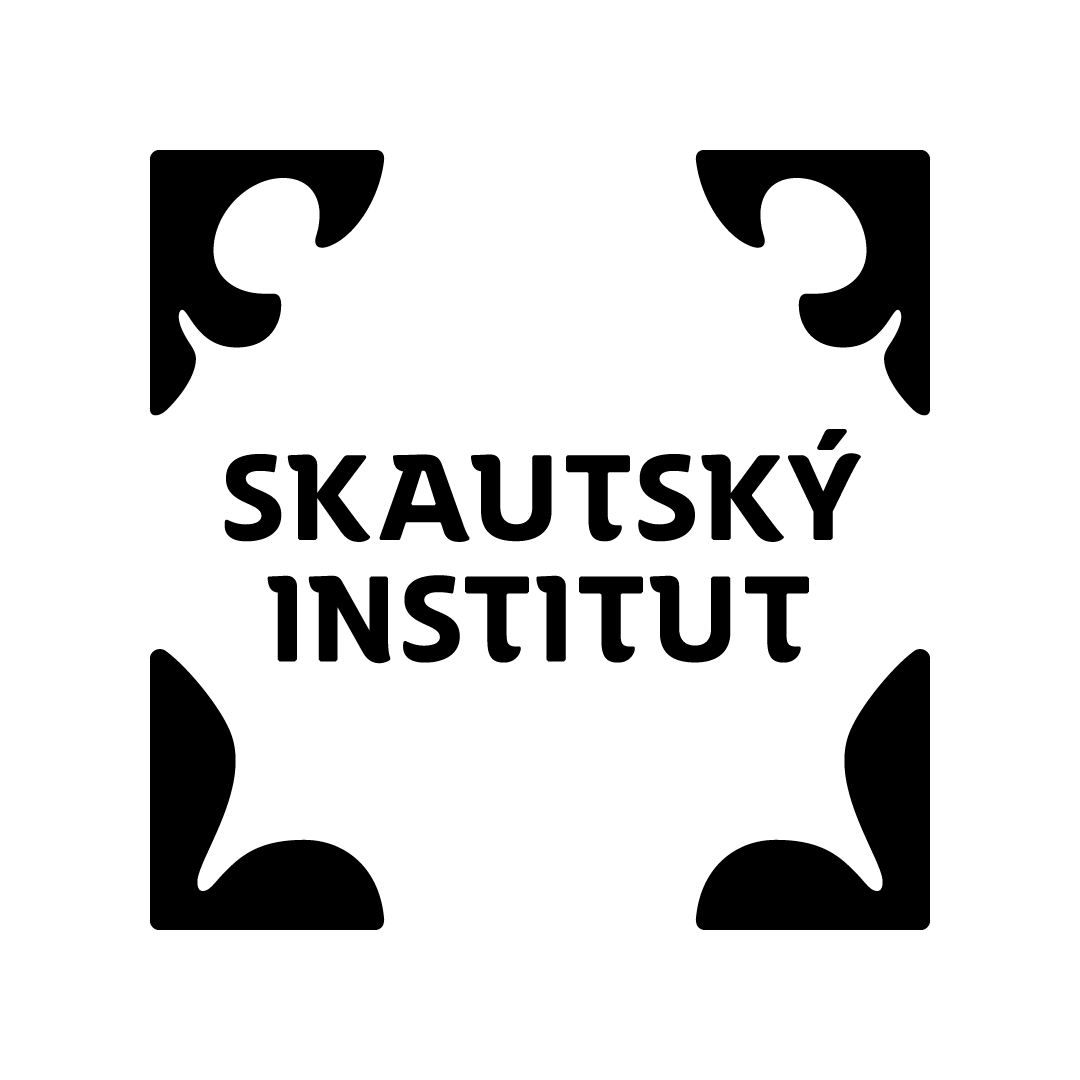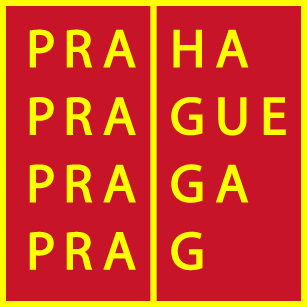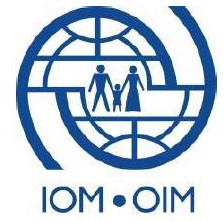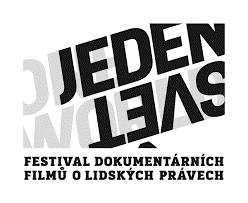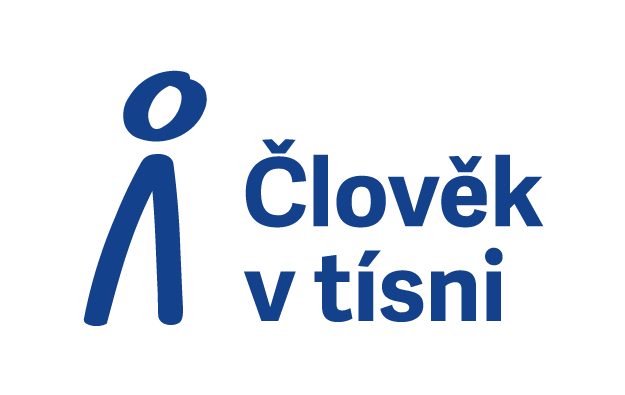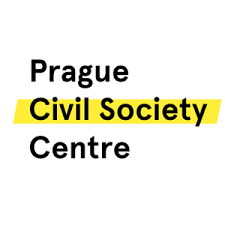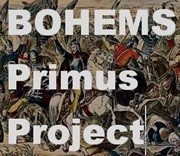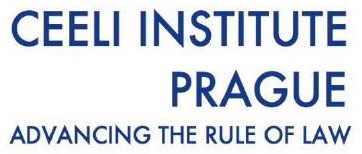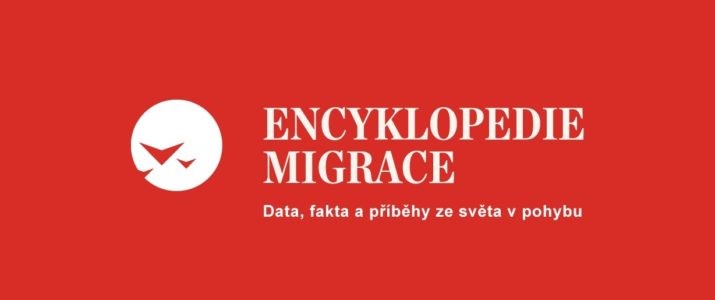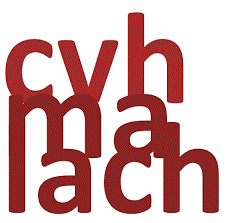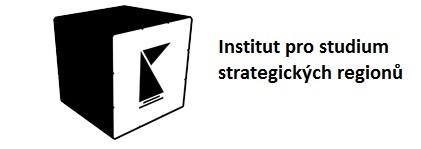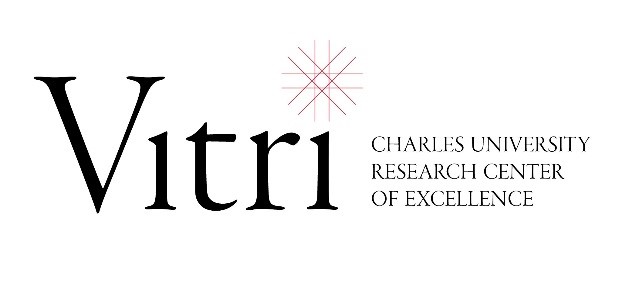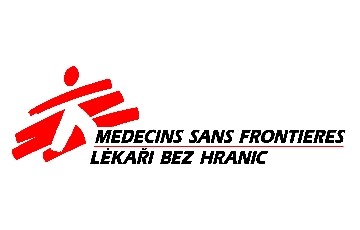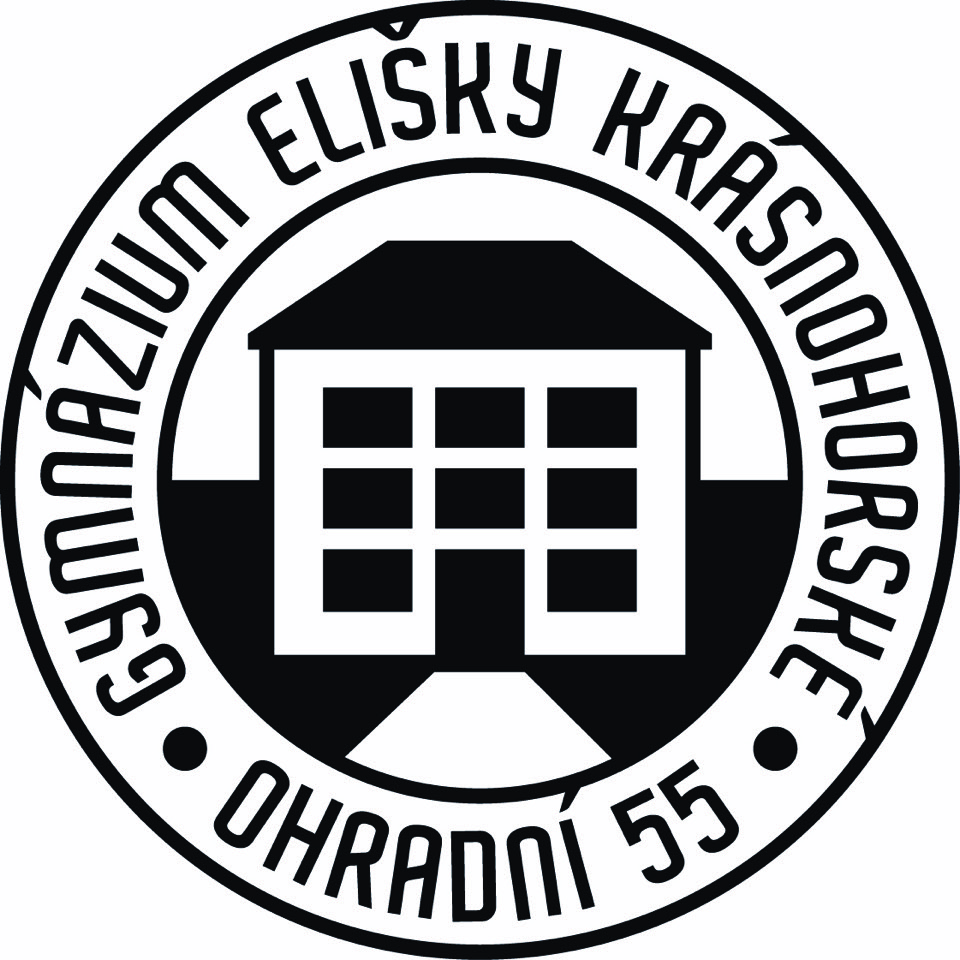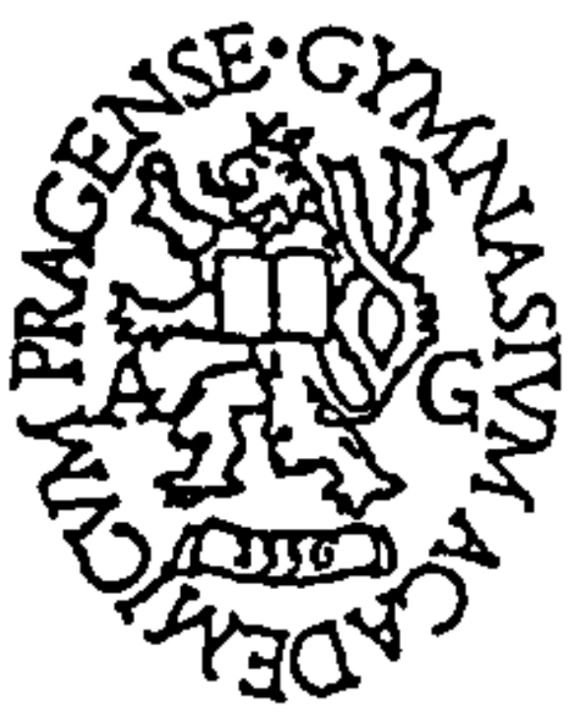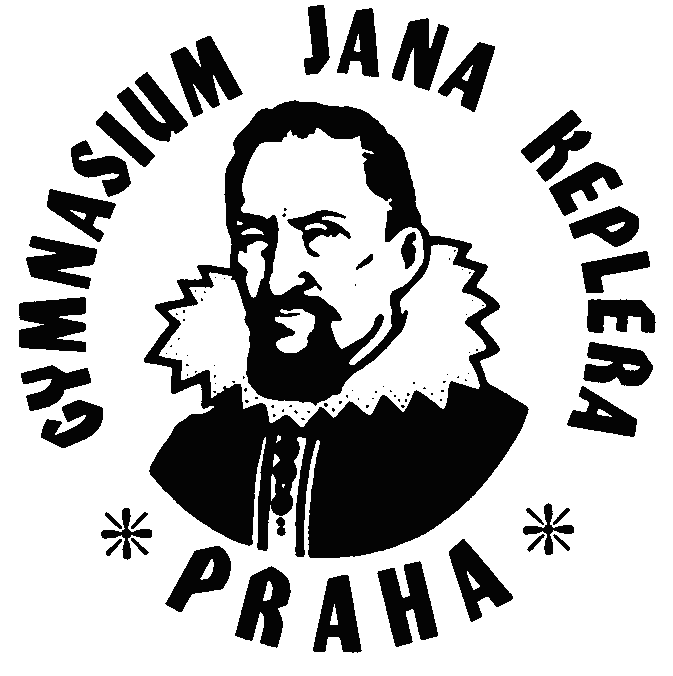Area Studies Research Seminar
Area Studies Research Seminar
The area studies research seminar offers a platform for an internal debate on the on-going and planned research at the Institute of International Studies. The presenters are IMS researchers as well as guests from Czech and foreign research institutions. The seminar is intended for all IMS staff and Ph.D. students.
The program for the 2025/2026 academic year can be found below on this page. The seminars are held in person in the meeting room (No. A125) in the A building of Jinonice Campus (U Kříže 8, Prague 5) and also online via Zoom, at 11:00 a.m. - 12:00 p.m., unless noted otherwise.
From 2019 to 2022 the seminar was organized with the support of the Jean Monnet Chair TeDEUSS - Teaching and Debating EU Small States' Security.
Future Lectures
| Date | Speaker | Topic |
| 2. 3. 2026 11:00 | Hoi Sik Jang (IMS FSV UK) | South Korea’s Cold War Diplomacy with Czechoslovakia |
| 9. 3. 2026 11:00 | John C. Swanson (University of Tennessee at Chattanooga) | Negotiating Germaness in Hungary |
| 23. 3. 2026 11:00 | Marion Röger (Universität Leipzig) | |
| 20. 4. 2026 11:00 | Philipp Thomet (Universität Bern) | A Region in Limbo: Carpatho-Ukraine / Podkarpatská Rus between Crumbling Hungarian Statehood, Rivaling Military Occupations and French Geopolitical Interests, 1918–1921 |
| 12. 5. 2026 11:00 | Sandrine Kott (Honorary Professor / Contemporary History) | to be added |
| 18. 5. 2026 11:00 | Fabian Burkhardt (Leibniz Institute for East and Southeast European Studies) | From “Contingent Consent” to Draft Evasion: The Frictions of Military Mobilization and Compliance in Wartime Ukraine |
Past Lectures
| Date | Speaker | Topic |
| 16. 2. 2026 11:00 | Natalia Dziadyk (IMS FSV UK) | Decolonizing Knowledge on War-Driven Displacement: The Russo-Ukrainian War, Migration Studies, and the Ethics of Knowledge Production |
| 8. 12. 2025 11:00 | Baldur Thorhallsson (University of Iceland) | Small States Between Giants: Iceland’s Relations with the US, Russia, and China |
| 1. 12. 2025 12:30 | Ekaterina Domorenok (University of Padua) | Implementing the Just Transition Fund: patterns of multilevel governance |
| 24. 11. 2025 11:00 | Rachel O'Sullivan (IMS FSV UK) | Holocaust Education in European Societies: The Challenges of National History, Identity and Victimhood |
| 10.11.2025 11:00 | Natalia Aleksiun (University of Florida) | Accounting for gratitude: Jewish survivors and their rescuers in the first postwar decade |
| 3. 11. 2025 11:00 | Jakub Beneš (University College London) | Discussion of The Last Peasant War: Violence and Revolution in Twentieth-Century Eastern Europe |
| 24. 10. 2025 10:00 | Jan Rovný (Sciences Po) | Ethnic Minorities, Political Competition, and Democracy |
| 28 4. 2025, 11:00 | Jiří Kocián (IMS), Jan Kubik (Rutgers University) | Czech and Polish right-wing populisms compared |
| 14. 4. 2025, 11:00 | Liudmyla Pidkuimukha (Justus-Liebig-Universität Gießen) | Discursive Strategies for Representing the "Russian World" by Ukrainian Public Figures |
| 7. 4. 2025, 11:00 | Michele Benazzo (Geneva Graduate Institute) | Help Bosnia Now!: British War Volunteers between Solidarity and Jihad |
| 24 .2. 2025, 11:00 | Hnna-Leena Määttä (University of Oulu) | Cultural Memory of World War II and Forced Migration in Northern Lapland: The Role of Fiction |
| 2. 12. 2024, 11:00 | John Paul Newmann, Ljubinka Škodrić | Yugoslav Fascism's Failed Ignition: Stanislav Krakov and the Yugoslav Iron Guard |
| 25. 11. 2024, 11:00 | Javier Arregui (Pompeu Fabra University) | Some Money, Different Impact? The Conditions of Effectiveness of European Structural and Investment Funds on EU Support in Spain (1990-2018) |
| 18. 11. 2024, 11:00 | Alain Blum (EHESS) | Presentation and discussion of the book Déportés pour l'éternité. Survivre à l'exil stalinien (1939-1991) [ Deported for Eternity: Surviving Stalinist Exile] |
| 11. 11. 2024, 11:00 | Eliška Tomalová | The Member States' public face and the Council of the EU Presidency |
| 14. 10. 2024, 11:00 | Pauli Bauer | Imperial Landscape in Late 19th and Early 20th Century Central Europe. A Study Into the vision of Nature in Sciences and Visual Arts |
| 29 .4. 2024, 11:00 | Oksana Vynnyk (Irish Research Council) | Healing War Wounds and Building the State: Disabled Veteran in the Interwar Polish Cities |
| 15. 4. 2024, 11:00 | Jun Fujisawa (Kobe University) | The End of the Council for Mutual Economic Assistance |
| 18. 3. 2024, 9:00 | GAČR Seminar | Debate over project proposals |
| 19. 12. 2023, 11:00 (room B 329) | Veronika Homolová | Territorial Autonomy in the Early 20th Century: Bridging Nationalism and Peace |
| Ladislav Beneš | Zahraniční vztahy a hospodářská pomoc pro Českobratrskou církev evangelickou v 70. a 80. letech 20. století | |
| 11.12.2023, 11:00 | Lamiya Panahova | Seeking Greatness in the Past: Domestic Narratives of a Great Nation in Contemporary Azerbaijan |
| 4.12.2023, 11:00 | Jiří Pondělíček | For the Bomb, Against the Bomb: Analysis of the Letters to Truman regarding the Use of Atomic Bomb in Korea |
| 27.11.2023, 11:00 | Olga Oleinikova (University of Technology Sydney) | The ghosts of “internal colonisation”: Anthropogenic impacts of Russian imperial ambitions in Ukraine |
| 23.10.2023, 11:00 | Paolo Pizzolo (CISAD, Jagiellonian University) | Does Size Really Matter? Small Powers’ Behaviour in the Indo-Pacific: The Cases of Cambodia, Singapore, and New Zealand |
| 9.10.2023, 11:00 | Jitka Králová (UCL) | Between Debt and Democracy’ Indebtedness and Resistance in the Deindustrializing region of the Czech Republic |
| 22.5.2023, 11:00 | Thomas Chopard (National Institute for Oriental Languages and Civilizations) | Jewish migrations and the Soviet border regime around World War II |
| 15.5.2023, 11:00 | Tess Megginson (UNC Chapel Hill) | The Czechoslovak Geographical Imagination on Maps during WWI |
| 27.4.2023, 11:00 | Dennie Oude Nijhuis (Leiden University) | Long-term Strategic Thinking, Cost Considerations, and the Partisan Politics of Ghent |
| 11.4.2023, 14:00 | Ebru Turhan (Turkish-German University) | Transnational Drivers of Domestic Politicization: A Post-Functionalist Analysis of German-Turkish Relations |
| 27.3.2023, 11:00 | Nuripa Mukanova | Interdisciplinary and multilevel perspectives of corruption |
| 20.3.2023, 9:30 | GAČR project proposal seminar | |
| 6.3.2023, 11:00 | Valentýna Drtinová a Dagmar Hanzlíková (Ústřední knihovna Univerzity Karlovy) | Open Science na Univerzitě Karlově - co je publikování open access a jak na to? |
| 27.2.2023, 9:00 - 12:30 | JUDr. Mgr. Michal Urban, Ph.D. | Jak dále zlepšit své pedagogické dovednosti (kurz pro pokročilé učitele) informace o kurzu zde |
| 20.2.2023, 11:00 | Roman Kolodii | Soft(ware) Underbelly: Unpacking Russia’s Cyber-Incident Response through Securitization Theory of Cyberattack Attribution |
| 28.11.2022, 11:00 | Rosamund Johnston (University of Vienna) | Arms Dealing in Normalization-era Czechoslovakia in Three Biographies |
| 2.11.2022, 15:00 (online only) | Zora Piskačová (University of North Carolina at Chapel Hill) | A “Common Enterprise”? The Role of Utility Infrastructures in the Divided City of Teschen, 1920-1938 |
| 17.10.2022, 11:00 | Ioannis Stylianidis (University of Heidelberg) | The representation of the Jews in the Greek media: focusing on the vandalism of the Jewish cultural heritage |
| 3.10.2022, 11:00 | Aniruddha Kar (University of Heidelberg) | Indian Memory Project: Postmemories by Post-Generations |
| 16.5.2022,11:00 | Oszkar Roginer | Traces of memory and identity politics in literature of Hungarians from Yugoslavia |
| 9.5.2022, 11:00 | Patrick Kupper (University of Innsbruck) | On writing a European History of Environmental Protection |
| 2.5.2022, 11:00 | Paolo Graziano (University of Padua) | Neopopulism. Towards a Theoretical Research Framework |
| 26.4.2022, 13:00 | Irena Kalhousová (FSV UK), Michal Onderčo (Erasmus University Rotterdam) | Dissident past and divergent present: How dissident culture influences diplomacy with Israel |
| 11.4.2022, 11:00 | Alena Drieschová (University of Cambridge) | Liberal Governance and its Contestation in the European Union |
| 4.4.2022, 11:00 | Adam Hudek (Slovak Academy of Sciences) | The afterlife of the Slovak national communism in the 1990s |
| 28.3.2022, 11:00 | Lamiya Panahova | Internal perceptions of the European Union’s role in the peace process of the Karabakh conflict in Azerbaijan |
| 28.2.2022, 11:00 | Barbora Menclová | Global socialist development in practice: Czechoslovak experts in independent Angola |
| 21.2.2022, 11:00 | Erik Davtyan (Yerevan State University) | To escalate or not to escalate? Lessons of the past, foreign policy learning and the 2020 war in Nagorno Karabakh |
| 13.12.2021, 11:00 | Ondřej Klípa | How Polish Comrades Modernized Husák’s Czechoslovakia |
| 6.12.2021, 11:00 | Johana Kłusek | The role of Anglophilia in the process of Czechoslovak turning to the East: Conciliation of conservatism with socialism |
| 22.11.2021, 11:00 | Jakub Šindelář | Remembering the Great War in a more European way? WW1 in the video game Valiant Hearts |
| 8.11.2021, 10:00 | Marcin Kosman (University of Warsaw) | Past Dangers as Current Threats. The Discourse of Confederation Liberty and Independence in Poland |
| 18.10.2021, 11:00 | Anna Lukešová | Multi-level governance of immigrant integration policies: the case of Austria and Czechia |
| 4.10.2021, 11:30 | Tomáš Weiss | Institutional inertia and change: Explaining the Czech and Portuguese engagement in PESCO and EDF |
| 4.5.2021, 11:30 | Václav Šmidrkal | Resistance Fighters, Volunteers, and the Rest. Czech Legal Ordering of War Heroism in the 20th Century |
| 19.4.2021, 11:00 | Jaromír Mrňka (IPS FSV UK) | Experience and Trauma of Sexual Violence and Rape in the Testimonies of German Expellees from the Bohemian Lands after WWII |
| 12.4.2021, 11:00 | Jan Hornát and Eliška Tomalová | Status-seeking and International Organisations |
| 22.3.2021, 11:00 | Mikuláš Pešta (FF UK) | Cognitive dissonance of Czechoslovak Revolutionary Practice |
| 9.3.2021, 11:00 | Karin Hofmeisterová | Position of the Serbian Orthodox Church in memory production of post-Milošević's Serbia |
| 22.2.2021, 11:00 | Oscar Sanchez (University of Hong Kong) | In the Shadow of Capitalism: How to Write a History of Socialism beyond Teleology and Ideological Determinism |
| 8.2.2021, 11:00 | Jerome Heurtaux | From one justice to another. Narratives of injustice by the executives of the former regime in Tunisia |
| 7.12.2020, 11:00 | Irena Kalhousová | Populist Politics of Memory and Foreign Policy as a Dyad: Polish-Israeli Relations through a Theoretical Lens |
| 23.11.2020, 11:00 | Klára Žaloudková | Wealth defence strategies of Bulgarian oligarchs in the 1990s |
| 3.11.2020, 11:00 | Patryk Gacka | Protection of collective memories against denialism |
| 26.10.2020, 11:00 | Eliška Černovská | Primary issues in foreign policy agenda-setting |
| 12.10.2020, 11:00 | Mitchell Young | Knowledge Power Europe |
| 6.10.2020, 11:00 | Maria Piekarska | Can forest remember? On agency, risk, and possibilities in environmental memorials |
| 19.5.2020, 12:30 | Jakub Eberle (ÚMV) | Germany as a dividual power |
| Postponed due to COVID-19 | Paolo Graziano (University of Padova) | Comperative Neo-populism |
| 28.4.2020, 12:30 | Anna Lukešová (IMS) a Kateřina Koči (VŠE) | Promoting State Interests in International Organizations: Emphasis on Personnel Level in the Czech Republic |
| Postponed due to COVID-19 | Stefan Gänzle (University of Agder) | Differentiated integration in Europe |
| Postponed due to COVID-19 | Emil Kerenji (USHMM) | Geopolitics, Demographics, and Population Projects in Interwar Yugoslavia |
| 17.3.2020, 12:30 | Seminar for GAČR proposals | Presentation of projects and feedbacks from opponents |
| Postponed due to illness | Farkhad Alimukhamedov (Institut d'Etudes Politiques de Toulouse) | Ethical Commitments and Raison d’Etat in Rentier States: Asylum-seeker policies in the Gulf Cooperation Council and the Central Asian Republic during the Refugee Crisis. |
| 25.11.2019, 12:30 | Eliška Tomalová a Eliška Černovská | EU Water Diplomacy. |
| 19.11.2019, 12:30 | Andrzej Turkowski (University of Warsaw) | The 1989 Transformation and Its Influence on the Polish Space of Opinion on Russia. |
| 22.10.2019, 12:30 | Irena Kalhousová | In Search of Central Europe: The Visegrad Group and the Vote on the Israeli- Palestinian Conflict in the UNGA. |


